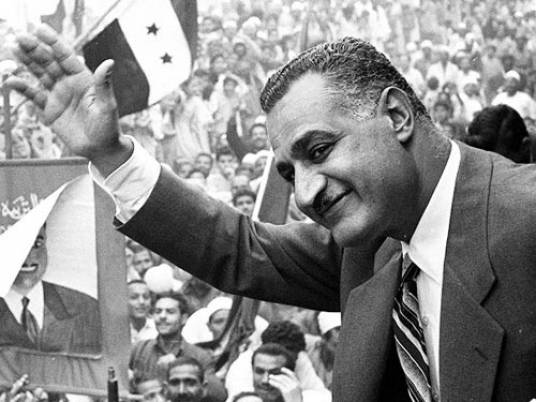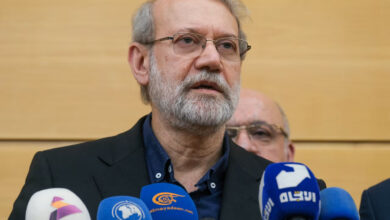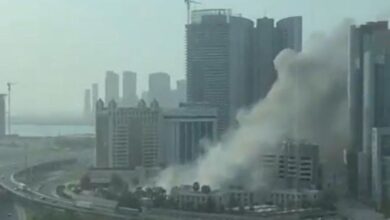
Secret recordings with Israeli soldiers who took part in the 1967 war have revealed that the Israeli army committed war crimes against Egyptian civilians and prisoners of war, including murder and the forced migration of whole village populations.
These testimonies, which the Israeli army had kept secret for years, have appeared in a documentary film entitled “Censored Voices” by Israeli filmmaker Mor Loushy at the Docaviv Documentary Film Festival in Israel.
According to the Israeli Haaretz newspaper, there were 200 hours of testimonies that were recorded and collected by writer Amos Oz and journalist Avraham Shapira. Shapira said he had presented them on discs to the military censorship authority for approval, but they were confiscated instead, so as not to tarnish the image of Israel.
The scenes contained in the documentary film, of which many were deleted or smirched, show horrors committed by the Israeli army. In one such scene, an Israeli soldier says there were orders to evacuate whole villages and take the locals as refugees. (The terms “ethnic cleansing” and “forced migration” were purportedly deleted from the film).
In another scene, a soldier said they killed 50 prisoners in one night.
A third scene shows a soldier saying that a convoy of men and women were stopped and the men were taken away and killed. “When we asked the commander why he did that, he said 'bark flies when you cut trees.'”
At another point in the documentary, a soldier says he saw another convoy of men and women holding the hands of their children in Jericho. “I felt the suffering of the Arabs that we were fighting,” he said “It reminded me of the horrors of World War II.”
Loushy says the testimonies of the soldiers predicted the disastrous fate faced by Israel in the Yom Kippur War, quoting a soldier as saying that the 1967 war complicated matters for Israel because the next round would be more brutal.
She said the army told the soldiers they were fighting a just war to defend themselves, their country and their families, but they returned from the war morally drained from the crimes that had been committed.
She added that she included only three or four testimonies about killing prisoners of war, while the original recordings had 30 or 40 testimonies, of which some were too shocking to show.
The Israeli Maariv newspaper published secret documents that were released by the Israeli army on the 48th anniversary of the war, after which Israel occupied four Arab countries, revealing that the biggest concern of the leaders of Israel was that the Egyptian air force would attack the Dimona nuclear reactor, as Israel at the time possessed at least one atomic bomb.
The Israeli air force commander Mordechai Hod had said in a secret meeting that was attended by Moshe Dayan, that Egyptian warplanes succeeded several times in penetrating Israeli air space and filmed different locations in the vicinity of the city of Eilat.
Aharon Yariv, head of the military intelligence Aman, said in the meeting that the United States did not intend to intervene after the Straits of Tiran were closed to prevent navigation to Eilat, but understood that Israel should take action, while Chief of Staff Yitzhak Rabin ruled out the possibility of Russia getting involved if the United States would not.
Prime Minister Levi Eshkol was hesitant to declare war, but General Ariel Sharon said any delay would cause Israel heavy losses, which prompted Eshkol to make the decision two days later, upon Moshe Dayan’s recommendation to destroy the Egyptian army in six days and occupy Sharm el-Sheikh.
The documents report a conversation between Gamal Abdel Nasser and the Syrian president, in which Nasser said the Arabs had lost the war and that it was advisable to reach a cease-fire with Israel.
Edited translation from Al-Masry Al-Youm




